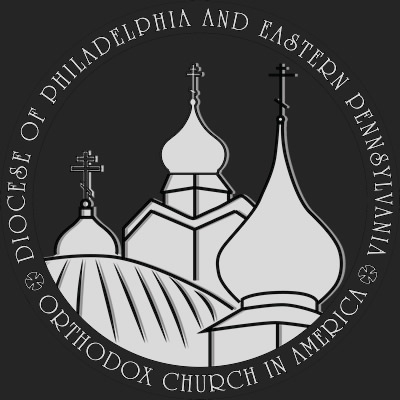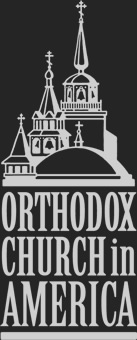With this Sunday of the Publican and the Pharisee, we Orthodox Christians begin the Lenten Triodion which is the ten-week period of Pre Lent and Great Lenten days ending on the Saturday of Holy Week. Thus, this book the Triodion prescribes the order for the four Pre-Lenten Sundays, the six weeks of Great Lent (40) and Holy Week.
The first of the Pre-Lenten Sundays starts with the Gospel of the Publican and the Pharisee, (Luke 18:10-14), a story about two men who went up to the Temple, to pray, one a Pharisee who boasted that he did as was required of a good Jew and the other a publican, a tax collector who was ashamed of his dealings with people and admittedly asked God, through His mercy, to help him make a new beginning.
As the story goes, “I tell you,” said Jesus, “this man the (Publican) was in the right with God when he went home rather than the other (Pharisee)!” Luke 18:14. You see the Pharisee boasted of his own goodness and ridiculed the Pharisee in his prayer or boasting to God. Jesus, on the other hand, praises the humble repentance of the Publican and condemns the self-righteous pride and boastfulness of the Pharisee.
The lesson of this parable can be somewhat challenging to Christians today who sometimes assume a superior status simply because they are Christians. It has been stated that, “Pharisaic pride is one of the most dreadful and also one of the most infectious diseases of Christianity. In the figure of the Pharisee we are confronted with a shocking exposure of the sin of Christianity, your sin and my sin, the sin of us who have subtly made our Christianity a sign of virtue and given it the unpleasant smack of privilege”
A proud self-satisfied and self-glorifying heart is an abomination to God, no matter how respected a person may be by social or religious standards. But it is the humble, contrite, and penitent heart evidenced by the Publican, which makes no claims before God, but simply and sincerely recognizes its total dependence on Him as a fragrant sacrifice to Him, even if it belongs to a person regarded by others as a sinner.
You see my dear brothers and sisters, the heart of the Publican is an appeal filled with trust, to the goodness and the tenderness of God. The words he first utters should echo into our hearts and minds as we embark on our journey to Pascha, “God be merciful to me a sinner”, the first words of Psalm 51 which is essentially the psalm of penitence. What Jesus asks of a penitent and each of us, is to place our absolute trust in the tender mercy and the favor of God! This is the message of this Sunday!




